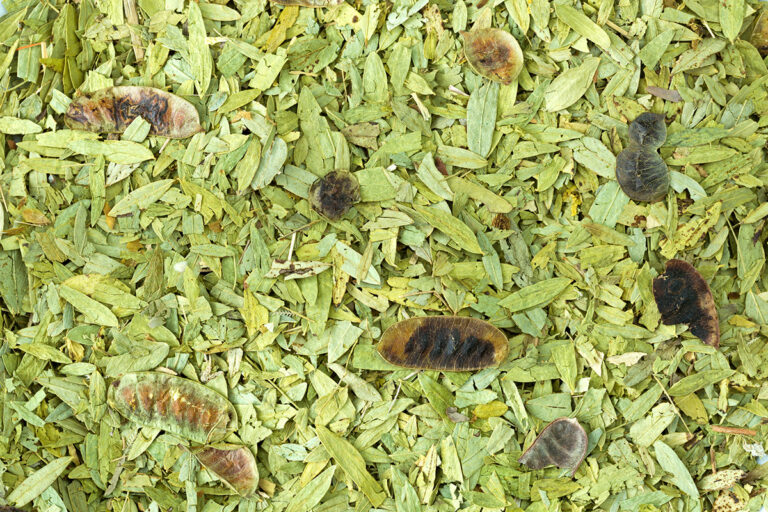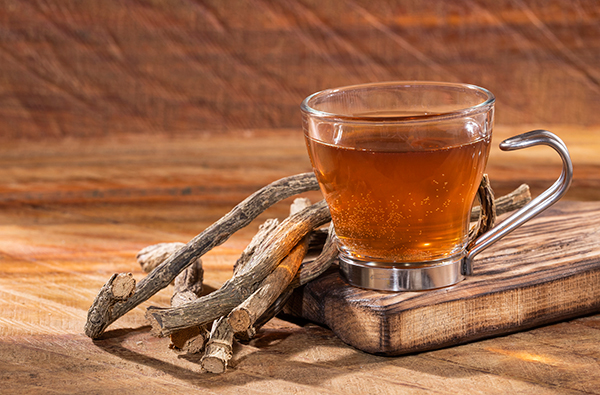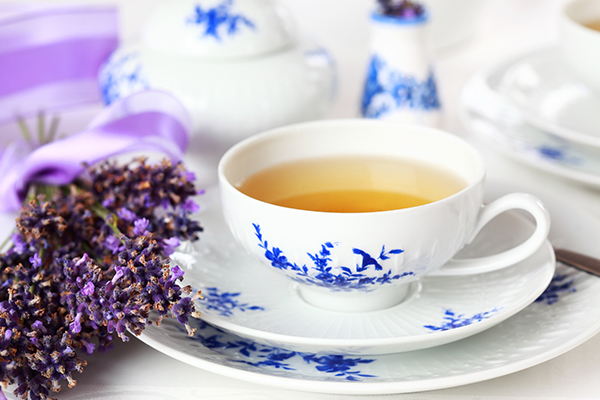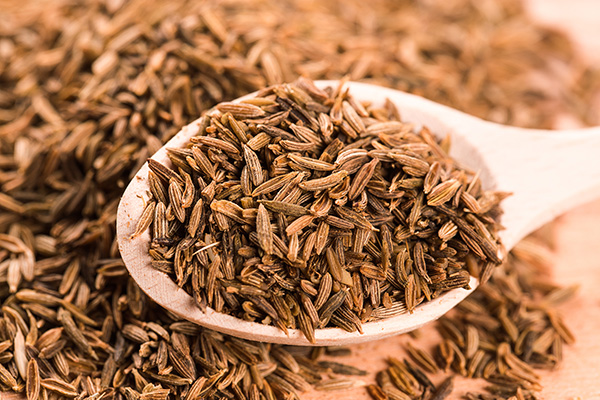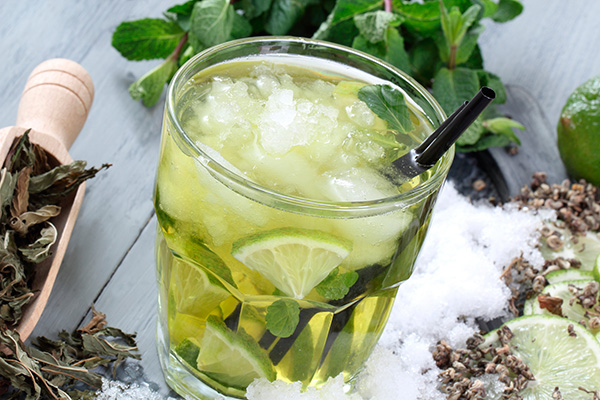Why Does My Tea Taste Like Water?
There’s nothing quite as disappointing as brewing a cup of tea, only to find it tastes like water. But don’t worry, there’s hope! We’re here to help you figure out why your tea may taste watery and how to fix it.
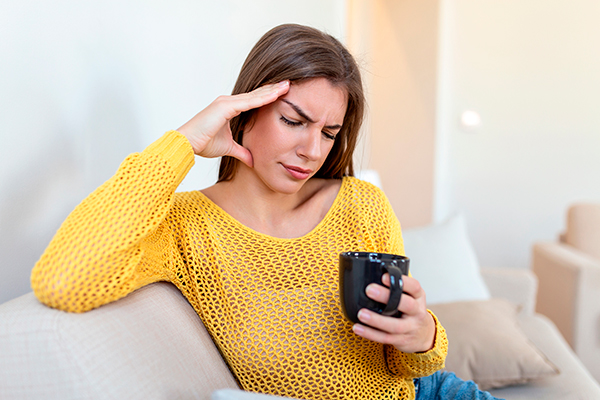
Why Does My Tea Taste Like Water?
Several factors could contribute to your tea tasting watery. Let’s dive into some of the most common reasons and their solutions.
Insufficient Steeping Time
Some teas require more steeping time than others. Here’s a table to help you steep your tea correctly:
| Type of Tea | Steeping Time |
|---|---|
| Black | 3-5 minutes |
| Green | 2-3 minutes |
| White | 2-3 minutes |
| Oolong | 3-5 minutes |
| Yellow | 3-4 minutes |
| Herbal | 5-7 minutes |
Low Water Temperature
Using the right brewing temperature is crucial. Here’s a table to guide you:
| Type of Tea | Brewing Temperature (°F) | Brewing Temperature (°C) |
|---|---|---|
| Black | 200-212 | 93-100 |
| Green | 160-185 | 71-85 |
| White | 160-185 | 71-85 |
| Oolong | 185-205 | 85-96 |
| Yellow | 160-185 | 71-85 |
| Herbal | 200-212 | 93-100 |
Poor Quality Tea Leaves
Low-quality tea leaves can result in a weak or watery taste. Choose high-quality, loose-leaf tea for a more robust flavor.
Old or Expired Tea
Tea loses its potency over time. Check the expiration date and store your tea in an airtight container away from light and moisture.
Incorrect Tea-To-Water Ratio
Using too little tea for the amount of water can lead to a diluted taste. Here’s a table to help you measure the right amount of tea:
| Type of Tea | Recommended Amount of Tea |
|---|---|
| Black | 1 teaspoon |
| Green | 1 teaspoon |
| White | 1-2 teaspoons |
| Oolong | 1 teaspoon |
| Yellow | 1 teaspoon |
| Herbal | 1-2 teaspoons |
Type of Tea
Some teas naturally taste lighter than others. Here are a few examples:
- White tea: Delicate and subtle, with a slightly sweet taste.
- Green tea: Light and refreshing, with grassy or vegetal notes.
- Yellow tea: Mellow and smooth, similar to green tea but with a slightly richer flavor.
Water Quality
Poor water quality can affect your tea’s taste. Use filtered or spring water for the best flavor.
Over-Dilution
Adding too much water or ice to your tea can dilute the flavor. Be mindful of the tea-to-water ratio when making iced tea or using a large teapot.
What Are the Best Teas for People Who Don’t Like Tea?
If you’re not a fan of traditional teas, consider exploring your tea options.
You might enjoy fruit-infused herbal teas, which tend to be sweeter and more flavorful. Examples include hibiscus, berry blends, or apple cinnamon tea. Mint tea and chamomile tea are also quite mild, with pleasant flavors that don’t resemble the typical “tea” taste.
Alternatively, Rooibos or Honeybush teas from South Africa are naturally sweet and don’t have the bitterness associated with some other types of tea. You might also enjoy Chai tea, which is a spiced, often creamy, tea that has a very different flavor profile from traditional teas.
Final Thoughts
If your tea tastes like water, it’s likely due to one or more of the factors discussed above. Paying attention to steeping time, water temperature, tea quality, and proper measurements will help you brew a more flavorful cup. Experiment with different types of tea and water sources to find your perfect brew!

